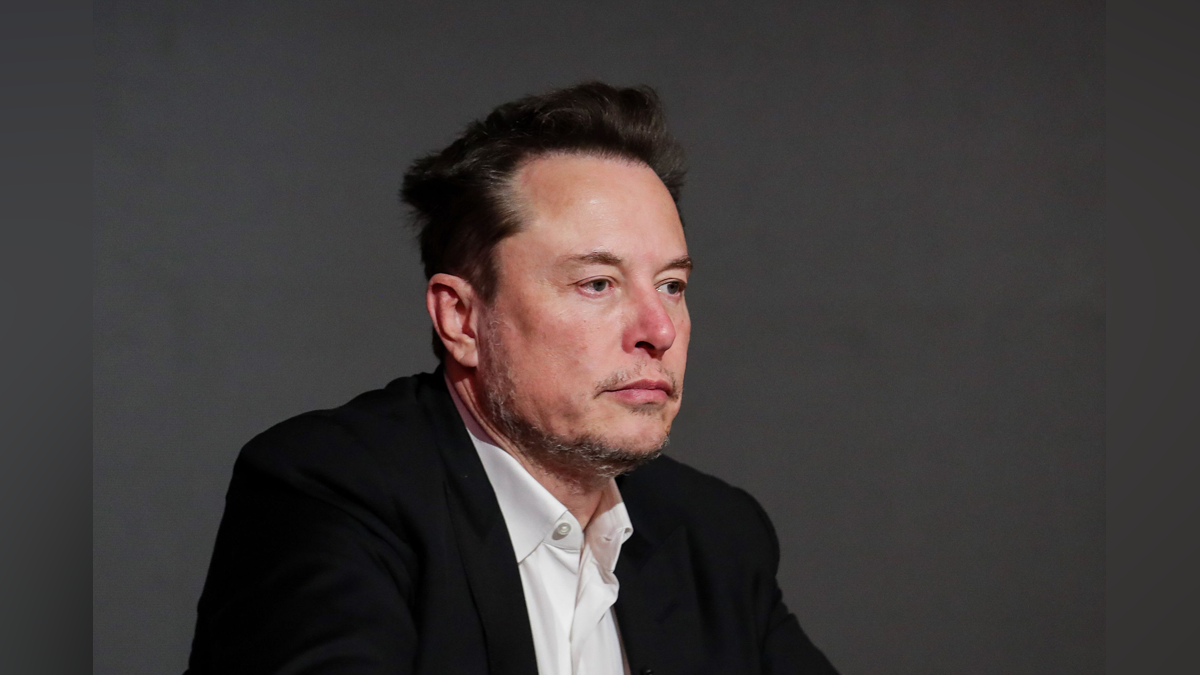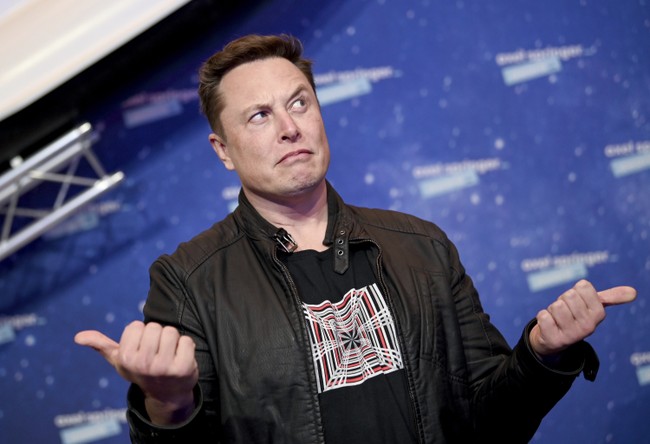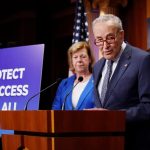Australia’s officials have taken a contentious stance, targeting Elon Musk, owner of Twitter/X, for resisting what he perceives as global content censorship on social media. The issue stemmed from posts concerning the attack on Bishop Mar Mari Emanuel in Sydney, prompting the government to demand content restriction. Despite X’s implementation of geo-blocking for Australia, the eSafety Commissioner argued for global content restriction due to VPN circumvention.
Responding to the government’s demands, a court issued a two-day injunction compelling X to hide the posts until further legal proceedings. Concerns regarding broader implications beyond this specific incident arose for the X platform and Musk, triggering a reaction from Australian officials characterized by hysteria.

Australian Senator Jacqui Lambie’s comments heightened concerns, suggesting imprisonment for social media owners who defy government speech regulations. Lambie criticized Musk, stating he lacked a social conscience and should be incarcerated for promoting hatred on his platform. She also expressed interest in the fate of TikTok in the United States, hinting at broader implications for social media regulation.
Musk retaliated against Lambie’s remarks, labeling her an “enemy to the people of Australia” for advocating speech restrictions. Interestingly, Bishop Mar Mari Emanuel, the supposed victim in the controversy, supported Musk’s position, expressing a desire for the video to remain online. Despite the video’s availability on YouTube and legacy media, the government targeted X for censorship, raising questions about selective enforcement.
Musk’s response, labeling the eSafety Commissioner as a “Censorship Commissar,” underscored concerns about government overreach in regulating online content. The controversy surrounding the Australian government’s actions highlights broader debates over free speech, social media regulation, and the power dynamics between governments and tech platforms.

